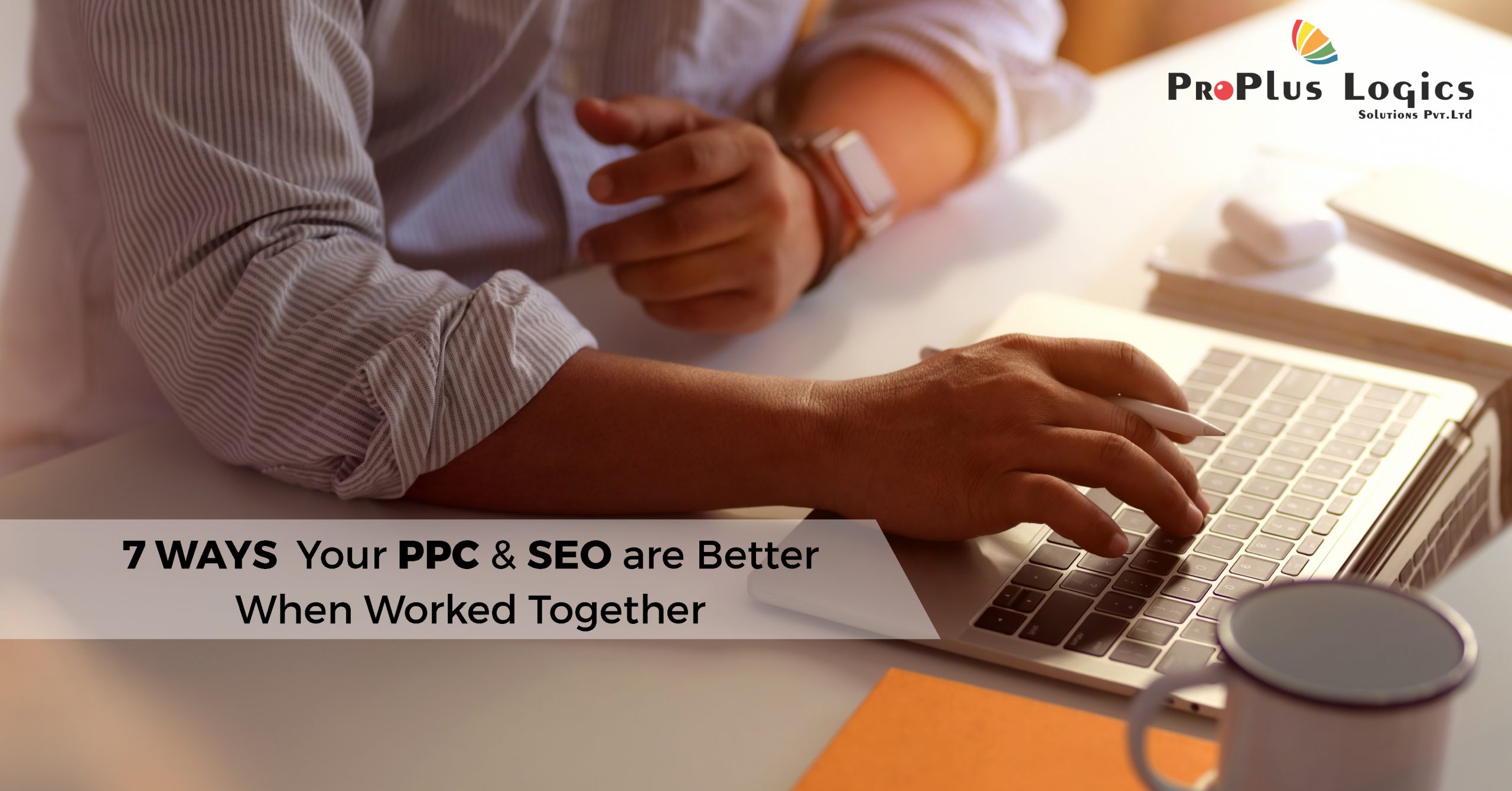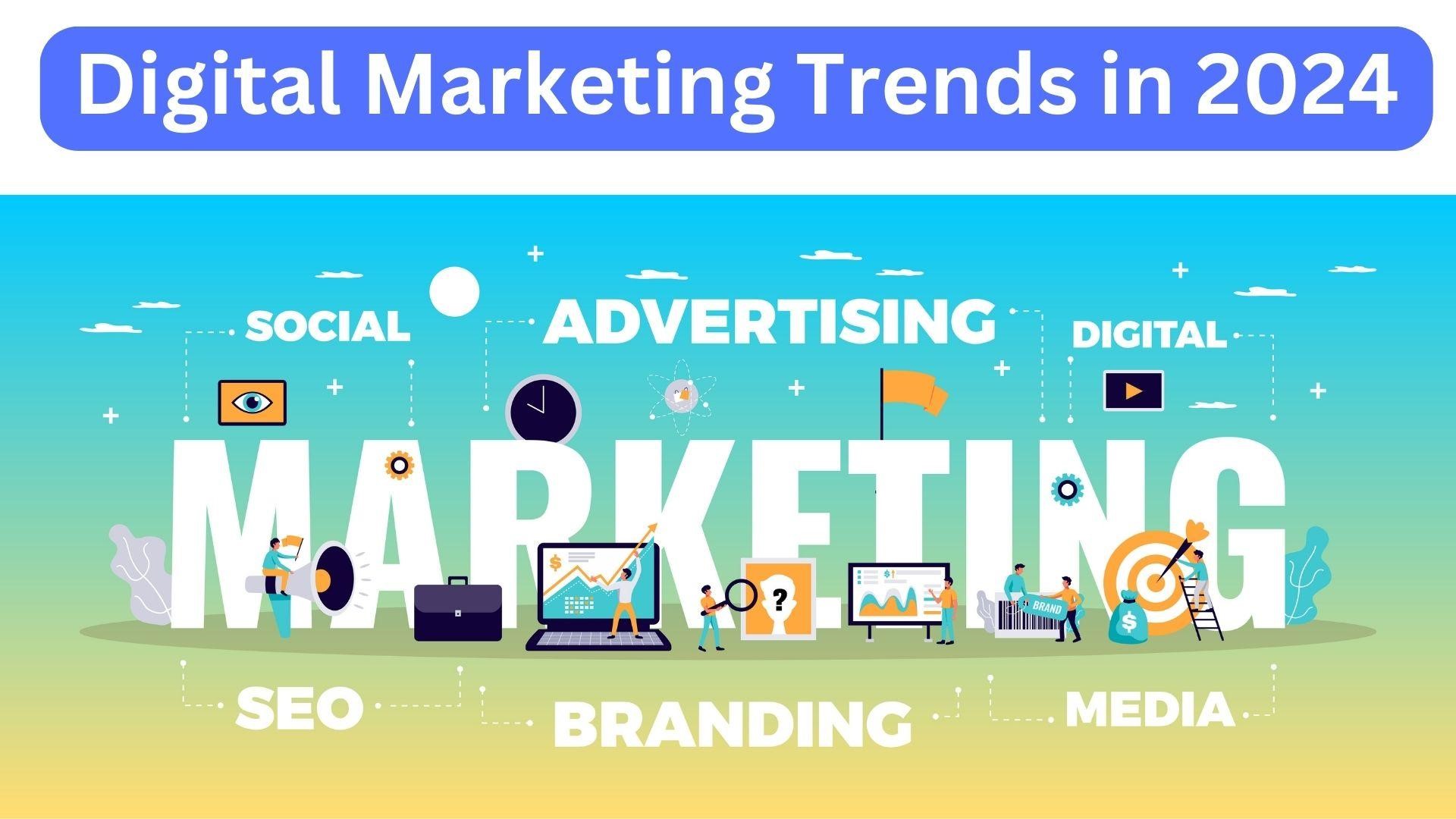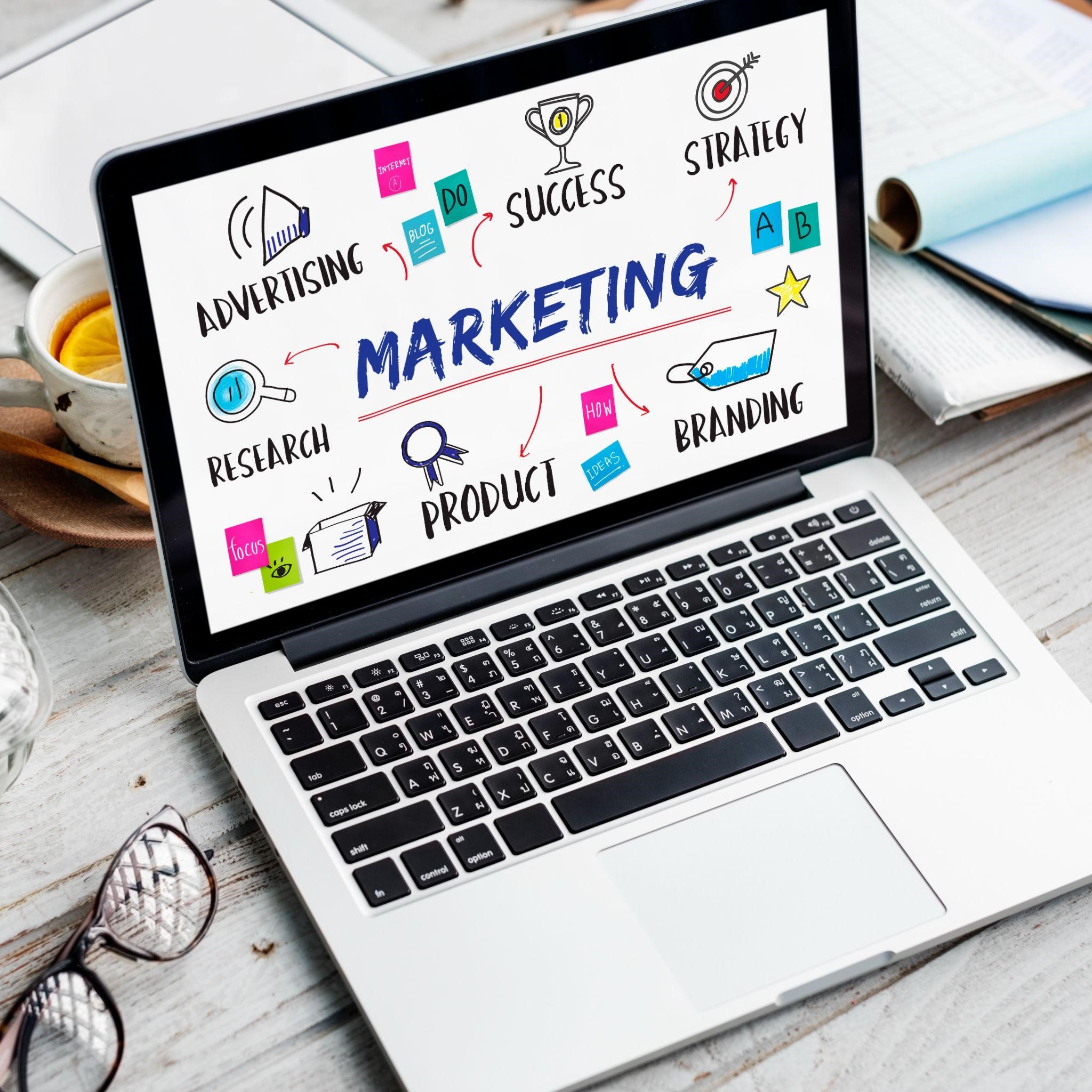7 Ways Your PPC And SEO Are Better When Worked Together
Most number of people and organization approaches SEO and PPC as a completely different strategy. However, both SEO and PPC rely on the same SERP and target the same audience.
Why should we need a different team and individual strategy to attain a result?
Regardless of your paid and organic strategy might be. You are sharing out some of the strategy and data you can drastically reduce the cost, effort, and time involved in the campaign.
Therefore here in this blog, I have listed down some of the specific ways that paid and organic search work together.
- Keyword research
Let starts with one of the most obvious way. As the both organic and paid completely depends on keyword and both need complete research on keywords to know what audience is searching for.
We may use various tools to research keyword and gather data, but there is no reason to keep the data separate for both PPC and SEO.
With various mind and various tools involved, there is a possibility of coming up with new ideas and strategies.
By sharing those data and ideas, you can come up with effective strategies to win the Champaign.
2. PPC Ad Copy & SEO Titles & Meta Descriptions
As the Paid ads are designed very similar to that of the organic result. As a result, you look for the best perfuming PPC ads with high click rate. You can copy the Meta description and SEO title of the PPC ads that perform well and use it on the organic result.
You also use it vice verse to using SEO title and Meta description to use it on the PPC to acquire a good click rate.
By using this strategy, you can cut down the amount of time and money spends on both SEO and PPC.

3. Search Terms and Performance
One of the best ways to get an optimum result is to have a lot of data on the previous PPC and organic strategies that help to identify the identity the dos and don’ts. By using the search term report of both Google Ads and Search console, you can drastically cut down the time of experimenting and previous mistakes. Although keyword analysis tools can provide great guidance, the actual output of the search is even better.

4. Competitor Data
Competitors are one of the main factors to be focused when it comes to both organic and paid results.
By clearly knowing your competitors who are competing in the with you and paying most for ads to position top of SERP can help your organic strategies.
Likewise, the competitors are really the same as in organic results as the Google algorithm changes, which affects the can change the result.
However, having a clear history of your competitors can help provide a great opportunity in ranking and click rate.
5. Areas of Opportunity for Remarketing
When you look at your existing data of the website engagement, traffic, and position you can get a lot of insight.
It may be useful to share the basic metrics for users searching websites through search channels. Unlike pay-per-search insights, they can also be linked to traffic data from SEO.
For top of the funnel content and terms that drive traffic from organic search – paid search can be used to further support moving customers along their journey or down the funnel. This includes the use of remarketing for visits to key pages.
6. SERP Layout
As the search engine result can vary every day due to the constant change in the algorithm. Some of the aspects the algorithm affects are text ads, map packs, organic results, text ads, and more. There it is critical to track every change in the SERP.
Ads are likely warranted on a page that has a lot of noise between the ads and the organic results.
Especially if you’re a brand, and only review/rating sites are ranked on page one after map packs. If you have no shot at Page 1, then an ad is probably warranted.
On the flip side, if you own the SERP and the only ad is yours, there is no other noise, and organic search results come right after the ads, you might be paying for ad traffic that you don’t need to.
7. ROAS & ROI Data
One of the hardest questions prior to launching a campaign can be projecting or predicting a return on investment.
If you can utilize data from PPC or SEO to predict performance, then it can help:
• Set campaign goals.
• Save time, usually expended for the first few months, to see how data are actually played through keywords and planner tools.
 " alt="">
" alt="">









